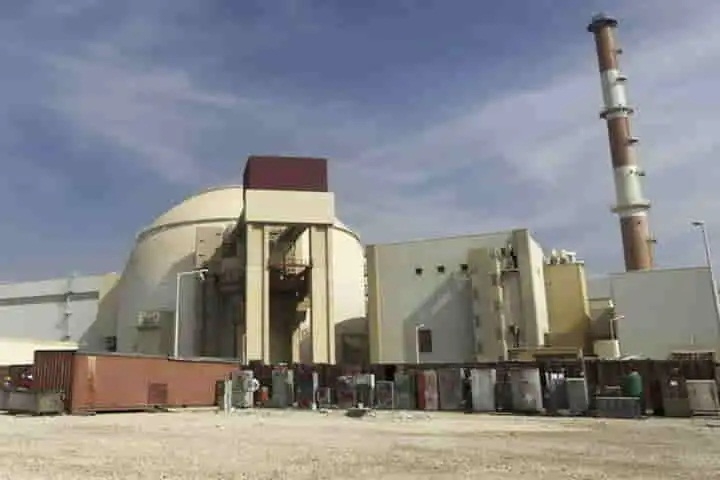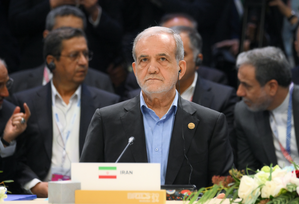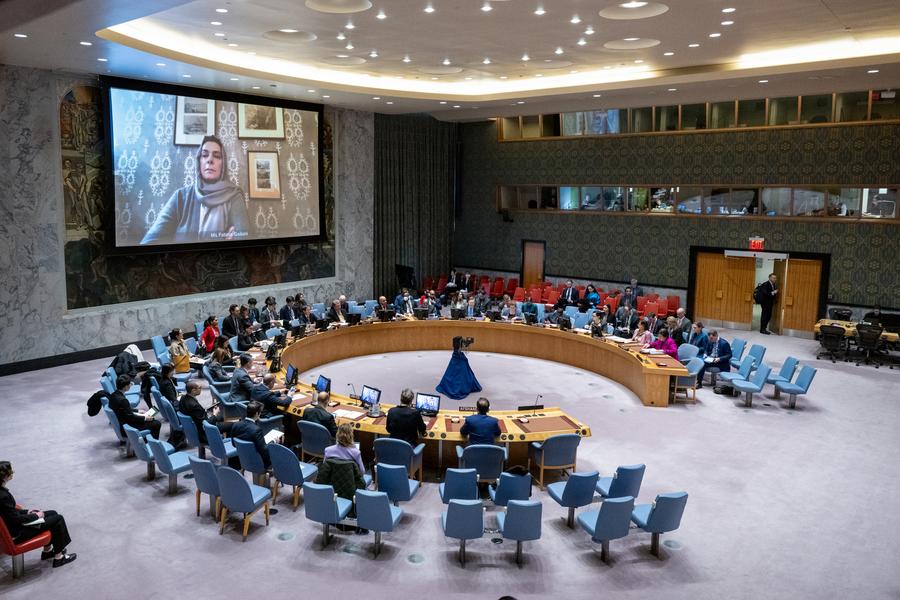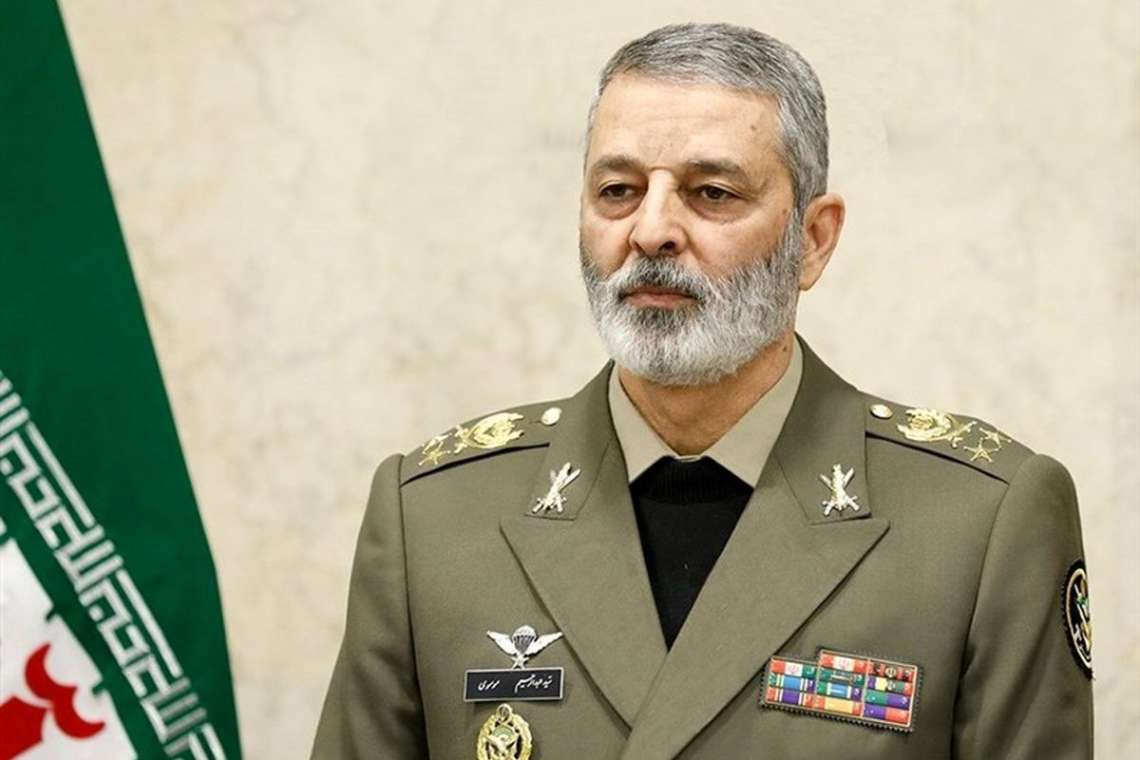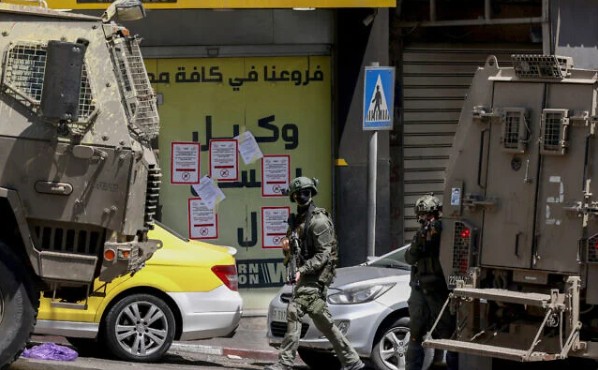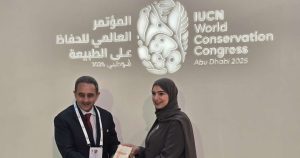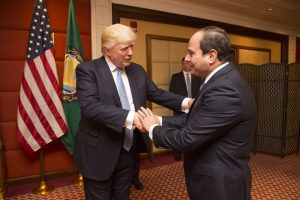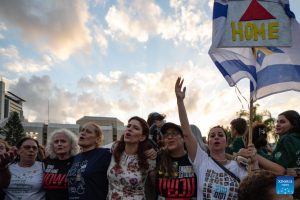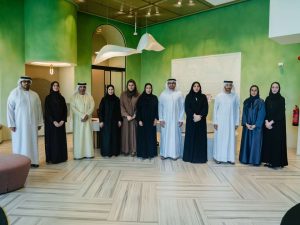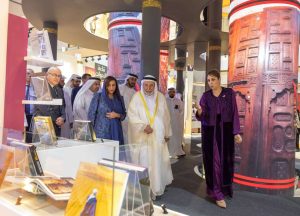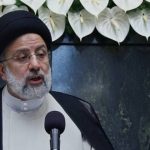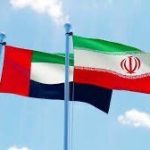The International Atomic Energy Agency (IAEA), in two separate but related reports, said Iran has boosted its uranium stockpile enriched up to 60% purity by nearly 50% since February.
Iran has vehemently rejected a new report by the United Nations nuclear watchdog that claims Tehran has significantly increased its stockpile of highly enriched uranium and engaged in secret nuclear activities at undeclared sites. The development threatens to derail already fraught negotiations with the United States over reviving a nuclear agreement and has intensified a diplomatic standoff involving Western powers, Israel, and Gulf intermediaries.
The International Atomic Energy Agency (IAEA), in two separate but related reports seen by major news outlets including Reuters and AP, said Iran has boosted its uranium stockpile enriched up to 60% purity by nearly 50% since February. The agency said that as of May 17, Iran had accumulated 408.6 kilograms of uranium enriched to that level — dangerously close to the 90% purity needed for weapons-grade material.
According to the IAEA’s assessment, the quantity, if further enriched, would be sufficient to produce at least nine nuclear weapons under its benchmarks. Iran remains the only non-nuclear weapons state known to enrich uranium to such levels.
Tehran dismissed the IAEA’s findings as “politically motivated,” accusing the agency of relying on “forged documents” allegedly provided by Israel and rehashing “baseless” allegations.
But Tehran dismissed the IAEA’s findings as “politically motivated,” accusing the agency of relying on “forged documents” allegedly provided by Israel and rehashing “baseless” allegations. The Iranian Foreign Ministry said the report was released under political pressure and intended to influence ongoing negotiations, while the Atomic Energy Organization of Iran (AEOI) insisted that its activities are fully peaceful and within the framework of the Non-Proliferation Treaty (NPT).
The IAEA also cited serious concerns about Iran’s nuclear transparency. A confidential report submitted to its 35-nation Board of Governors said Iran had failed to declare nuclear material and activities at three sites long under investigation: Lavisan-Shian, Varamin, and Turquzabad. The agency concluded that these locations were part of a coordinated, undeclared nuclear programme that operated until the early 2000s — involving, in some cases, uranium metal used in neutron initiators, which are key components in nuclear weapon design.
Despite Iran’s repeated denials of such a programme, the IAEA said it continues to receive insufficient cooperation from Tehran, particularly regarding explanations for uranium traces discovered at these sites years ago.
In response, Iran has warned against any punitive measures at the upcoming IAEA Board of Governors meeting scheduled for the week of June 9. Diplomats say the United States, along with Britain, France, and Germany, are considering submitting a resolution formally declaring Iran in non-compliance — a move that could pave the way for referral to the UN Security Council and spark further escalation.
Iranian Foreign Minister Abbas Araghchi said on Saturday that Iran would respond to elements of a U.S. proposal relayed via Omani mediation. His Omani counterpart, Badr Al-Busaidi, visited Tehran briefly to deliver Washington’s latest offer for reviving the nuclear deal, which collapsed in 2018 after former President Donald Trump withdrew the U.S. and imposed harsh sanctions.
Araghchi reiterated that any Iranian response would be based on “national principles and interests,” and again emphasised Iran’s stance that nuclear weapons are “unacceptable.” He stated in a televised address: “If the issue is nuclear weapons, yes, we too consider this type of weapon unacceptable. We agree with them on this issue.”
In Washington, White House press secretary Karoline Leavitt said President Trump’s special envoy for nuclear diplomacy, Steve Witkoff, had sent a “detailed and acceptable proposal” to Tehran. She urged the Iranian government to accept the offer, describing it as “in their best interest,” but did not provide further details.
Meanwhile, regional tensions were compounded as Iran summoned Austria’s top diplomat in Tehran to protest what it described as a “misleading and provocative” Austrian intelligence report. That report, released by Vienna’s Directorate of State Protection and Intelligence Service, alleged that Iran continues to pursue an active nuclear weapons programme aimed at boosting its regional clout.
Senior Iranian diplomat Alireza Molaqadimi accused Austria of spreading “fake and baseless” claims that contradict IAEA assessments. “The move casts unwarranted doubt on the peaceful nature of Iran’s nuclear programme,” he said, demanding an explanation from the Austrian government.
Vienna has not yet officially responded, but Austria’s chargé d’affaires Michaela Pacher reportedly assured Iran that she would convey its objections to her government.
The timing of these developments is critical. Negotiations between Iran and the U.S., mediated by Oman and previously held in Muscat and Rome, are expected to resume for a sixth round in the coming weeks. However, a formal finding of non-compliance by the IAEA Board could further complicate any hopes for a diplomatic breakthrough.
Israel, which has long opposed Iran’s nuclear ambitions and is suspected to be the source of some of the intelligence behind the IAEA reports, seized on the findings. Prime Minister Benjamin Netanyahu’s office said the reports proved that Iran is “determined to complete its nuclear weapons programme” and called on the international community to “act now” to stop it.
While U.S. intelligence agencies and the IAEA previously assessed that Iran halted its coordinated nuclear weapons programme in 2003, the new revelations have reignited debate over whether Tehran is edging closer to a breakout capability.

